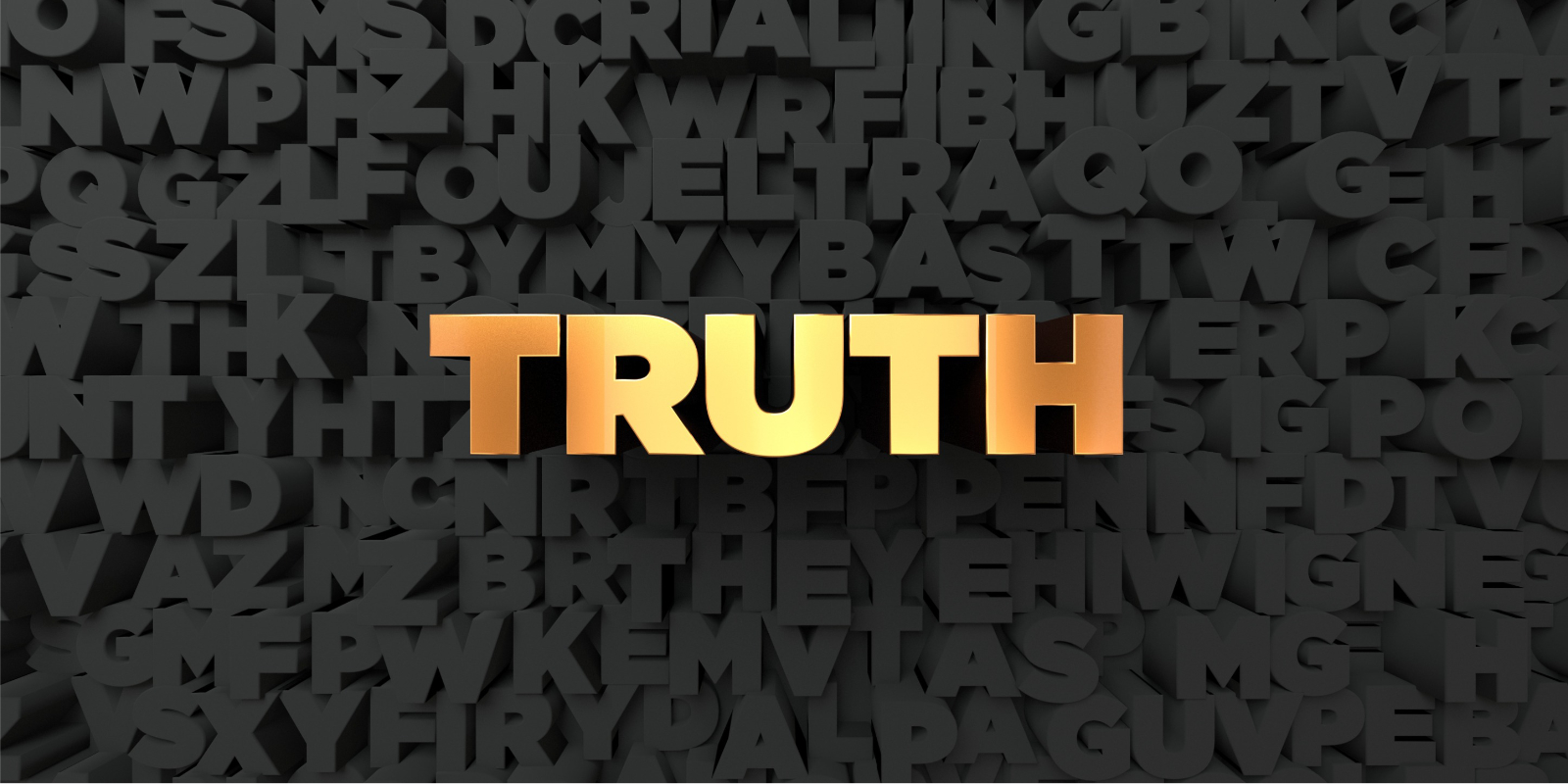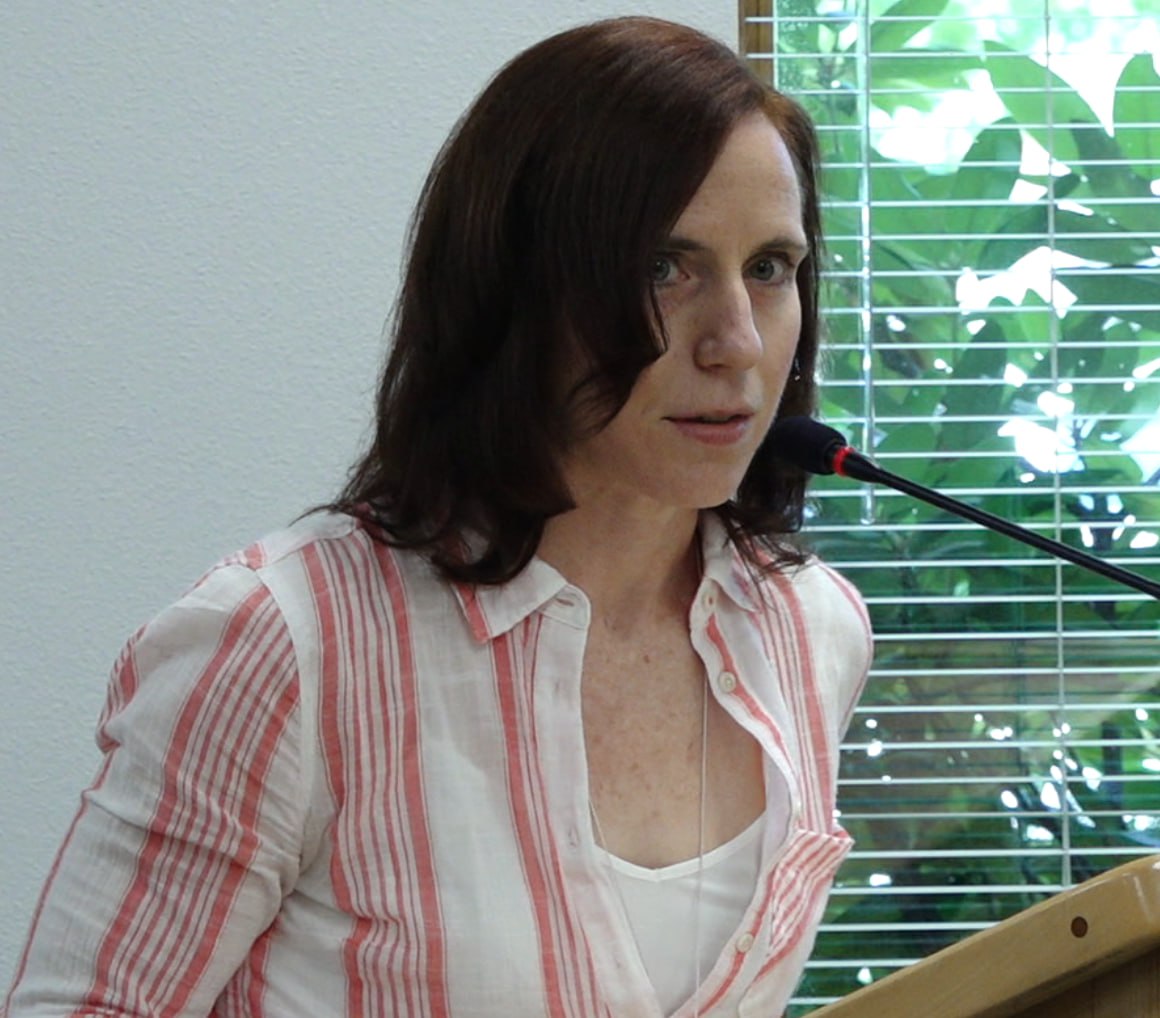The court will hear oral arguments the week of April 22 to consider the unprecedented matter.
By Julie Kelly
In an order published on Wednesday, February 28, 2024, the Supreme Court of the United States (SCOTUS) announced it will consider Donald Trump’s opposition to lower court rulings rejecting his claims of presidential immunity from criminal prosecution in Special Counsel Jack Smith’s four-count indictment against the former president related to the events of January 6, 2021, and his alleged attempts to “overturn” the 2020 election.
The announcement represents the start of the high court’s involvement in a question of historic proportion. And the schedule set out by the court, in addition to an existing hold on trial proceedings in Washington D.C., drastically diminishes the chances that the special counsel can bring the case to trial by November – let alone produce an election-impacting verdict before Election Day.
Smith handed down the grand jury indictment in August 2023; in October, Trump’s lawyers filed a motion to dismiss the case based on claims of presidential immunity. “Breaking 234 years of precedent, the incumbent administration has charged President Trump for acts that lie not just within the ‘outer perimeter,’ but at the heart of his official responsibilities as President,” his attorneys wrote.
Judge Tanya S. Chutkan, appointed by Barack Obama in 2014 and known for handing down some of the harshest sentences in January 6 cases, issued her history-making decision on December 1, 2023, denying Trump’s motion. Insisting the “sacred American tradition of peacefully transitioning Presidential power – stood unbroken until January 6, 2021,” Chutkan concluded that “Nothing in American history justifies the absolute immunity [Donald Trump] seeks.”
She continued:
Against the weight of that history, Defendant argues in essence that because no other former Presidents have been criminally prosecuted, it would be unconstitutional to start now. But while a former President’s prosecution is unprecedented, so too are the allegations that a President committed the crimes with which Defendant is charged. The Supreme Court has never immunized Presidents—much less former Presidents—from judicial process merely because it was the first time that process had been necessary. The court will not do so here.”
Judge Tanya S. Chutkan
Trump appealed her order a few days later, and on December 13, 2023, Chutkan put a hold on her own ruling pending that appeal.
Realizing the clock was running down, Smith at the same time made what he described as an “extraordinary request” by asking the Supreme Court to leapfrog over the appellate court – the next natural step in the process – and take up the immunity question immediately. “It is of imperative public importance that [Trump’s] claims of immunity be resolved by this Court and that [Trump’s] trial proceed as promptly as possible if his claim of immunity is rejected,” Smith wrote on December 11, 2023.
The court denied his request several days later. Nonetheless, the D.C. Circuit court expedited Trump’s case, holding oral arguments less than a month after his appeal was filed. A three-judge panel consisting of two Biden appointees and one George H.W. Bush appointee led a contentious hearing on January 9, 2024. Judge Florence Pan won kudos from the leftwing media and cable news legal analysts for presenting an absurd hypothetical about a president using Seal Team Six to assassinate a political rival.
But even a rushed schedule wasn’t enough to salvage the March 4 trial date set by Chutkan last year. On February 2, 2024, Chutkan officially vacated the date.
A few days later, to no one’s surprise, the panel issued a 3-0 decision upholding Chutkan’s original order that rejected Trump’s immunity argument. Further, in what Trump’s attorneys describe as a condition that “departs from the D.C. Circuit’s ordinary procedures,” the judges forced Trump to seek relief at SCOTUS immediately. If, the judges wrote, Trump took the next routine step of seeking an “en banc” rehearing of the matter, meaning the full appellate court not just three judges would consider the case, their order would go into effect immediately – essentially restarting the pretrial schedule in Washington and advancing the case to trial.
On February 12, 2024,Trump’s counsel filed an emergency application asking the Supreme Court to put on hold the appellate court order. A few days later, Jack Smith filed his opposition to Trump’s request but asked the court to treat Trump’s application as a petition for writ of certiorari, meaning the court would take up the case. “Delay in the resolution of these charges threatens to frustrate the public interest in a speedy and fair verdict – a compelling interest in every criminal case and one that has unique national importance here, as it involves federal criminal charges against a former President for alleged criminal efforts to overturn the results of the Presidential election, including through the use of official power,” Smith wrote on February 14, 2024.
Smith asked the court to schedule oral arguments in March.
So, Smith got part of what he wanted. But will it be enough to get the case to the finish line before Election Day? Today’s SCOTUS announcement makes that prospect look dim.
If the court issues an opinion in late May, which would still represent a hasty process, and decides a president can face criminal prosecution for acts taken in office, the proceedings in Chutkan’s courtroom will recommence. But both sides will need to make up for the nearly three months lost between the time Chutkan put her order on hold in December and the original March trial date.
That means a trial wouldn’t start until late August. The more likely scenario is SCOTUS issues a ruling on the complex question with dire consequences for the future of the country right before the current term concludes at the end of June – pushing a trial into late September.
A late September trial almost guarantees a verdict will not be reached before Election Day, something Democrats and NeverTrump Republicans have been counting on considering some polls show a drop in Trump’s support if he is convicted.
And of course, there is a possibility the court will reverse the appellate panel’s mandate – resulting in the end of the criminal prosecution of Donald Trump.
Which is why legal commentators and Democratic Party leaders are in meltdown mode at SCOTUS’ agreement to hear the case.
Journalist Julie Kelly provides breaking news, analysis, and commentary related to the weaponization of the US Department of Justice via Declassified with Julie Kelly on Substack. Unique coverage of January 6 and pending criminal indictments of Donald J. Trump. This article was originally published here.








